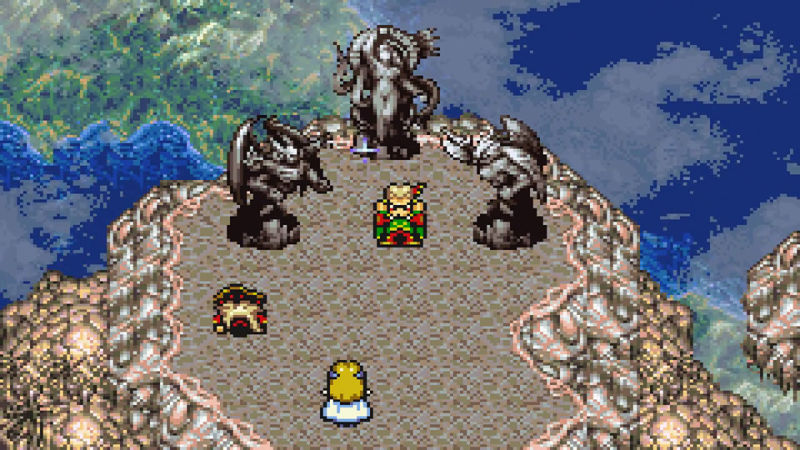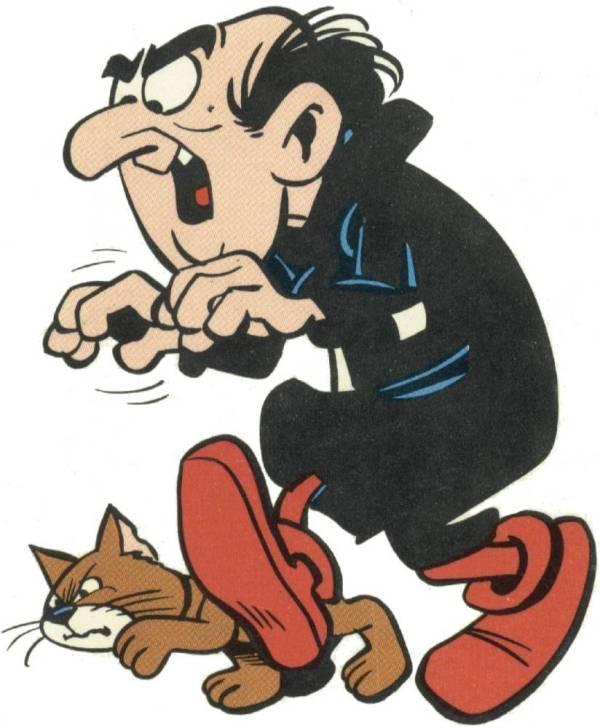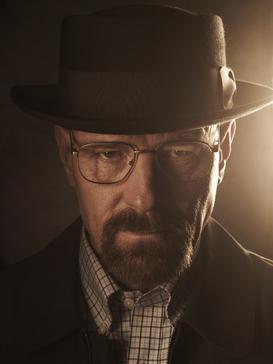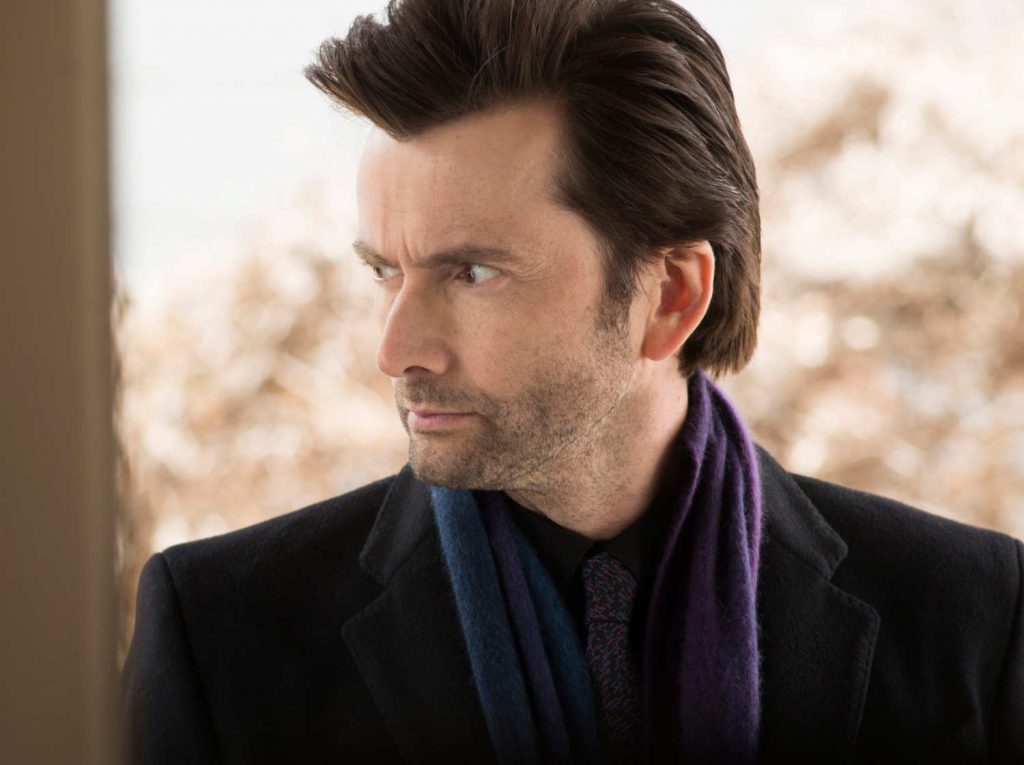In honor of the cresting political season, I figured I’d write an article focusing on Villains. (Spoiler alert for the following things:Breaking Bad, Trigun, Jessica Jones, Final Fantasy VI. If you’ve not experienced all these yet, we should probably hang out so you can catch up on some awesome TV/Video Games. Also, I guess the Smurfs, if you’ve never heard of them.) What, exactly, does it take to be a good villain? Villains are not so simple as “the guy who does the bad things” any more than a Hero is merely “The guy who does the good things”. If you don’t have some character to your villains, then you’re stuck with a pretty bland story.
In many instances, the simplistic villain is an easy literary device to ensure that the hero is clearly delineated and easy to root for. After all, how can you possibly support Gargamel in his efforts to destroy the smurfs? Or Kefka Palazzo (Final Fantasy VI) in his efforts to plunge the world into chaos and generally wreck things up? This is actually a method of simple emotional manipulation of readers/viewers/gamers. It allows us to keep the humanity of these characters from interfering without our distaste of them. We’re not obligated to even acknowledge that they are, in fact, human. They’re just a collection of tropes and characteristics that are bad. It’s lazy, but it works.

I mean, seriously, Fuck that guy. I think I saw him peeing in a well the other day after setting a kitten on fire with a burning puppy that he also set on fire..
Far more interesting villains are those who could possibly be operating under a different set of assumptions that happen to be diametrically opposed to the protagonist, or who are a sort of fallen angel who was once good but now have become that which they fought or someone who is just so damned crazy that you feel true remorse for their awful fate. Take, for example, Knives from Trigun.
From the perspective of Vash and team, Knives is a dangerous psychopath who is out to destroy everyone and everything that Vash cares about. As the series progresses, it becomes clear that his motivation stems from a very real sense of superiority. The very “plants” that humanity are using for power are his own people. These people are actually transcendent and superior to humans, thus his concern that people are destroying them for power. From that perspective, his actions are a desperate attempt to save his endangered species from brutal abuse and extinction. The lines between who is good and who is evil become a little less clear. Likewise with the next archetype.
The Fallen Angel is one that’s quite interesting. My personal favorite example is Walter White from Breaking Bad. Where he begins that series as a perfectly relatable, if goofy science teacher and is clearly the protagonist of the show, he slowly mutates into one of the most horrible, evil and despicable creatures I’ve ever seen since InsertPoliticalCandidateHere! The show masterfully plumbs the depths of his very human transition from someone you care about and root for into someone who you start to actively root against! This character development still impresses me in how they can craft so beautifully despicable a villain. Now, a great shortcut to impressive villainy is that of sheer batshit craziness.
Case in point, Kilgrave from Jessica Jones. This guy is pretty clearly an evil lunatic from the get go. Torturing people, murdering them, manipulating literally and figuratively, he’s just bad news. Then as the series goes on, we start to realize that he’s got a pretty messed up history and isn’t quite as sophisticated as we might think. Some of his creepy factor starts to be motivated by this childlike innocence (think Pierrot Le Fou from Cowboy Bebop). Even as we cry out for his blood, it’s an uncomfortable feeling since he seems, at times, to not even be aware of the severity of his actions since he never knew anything else.
I’ve had many a long conversation about these different villainous archetypes. What do you think? Is it important to have character development in villains? Is it better if they’re cardboard cutouts of evil?




